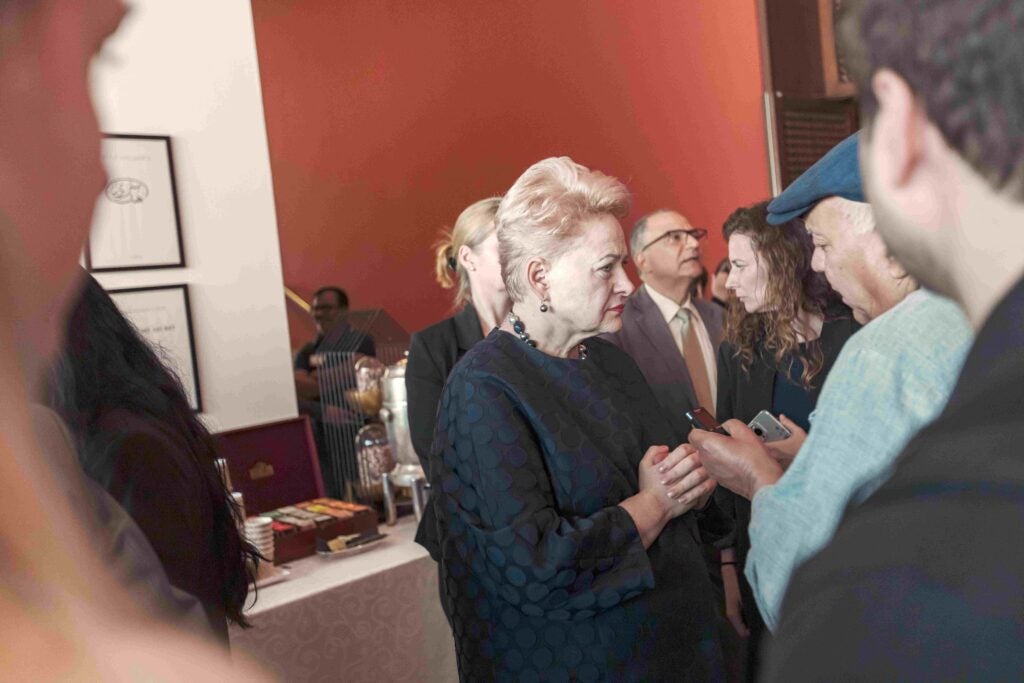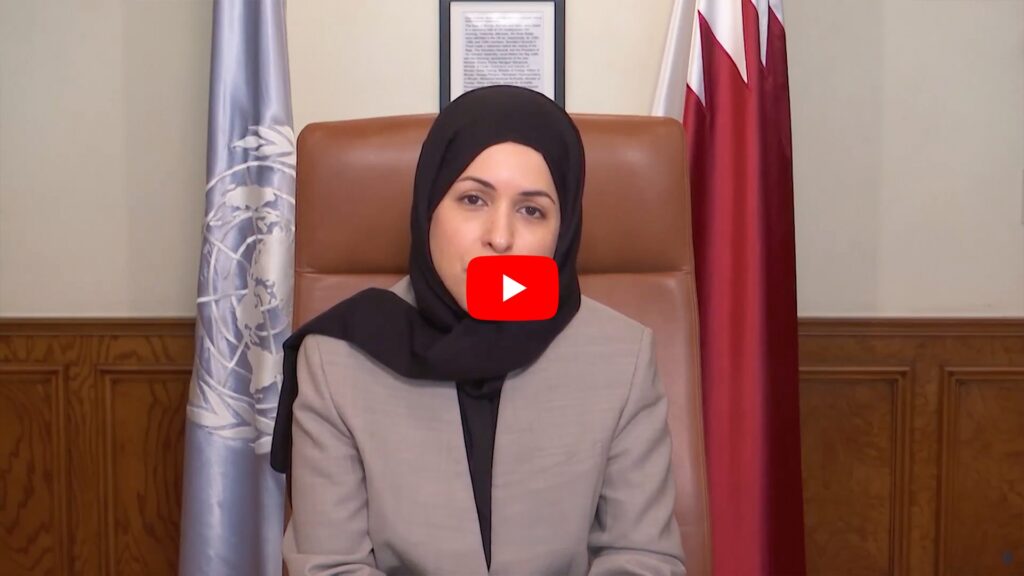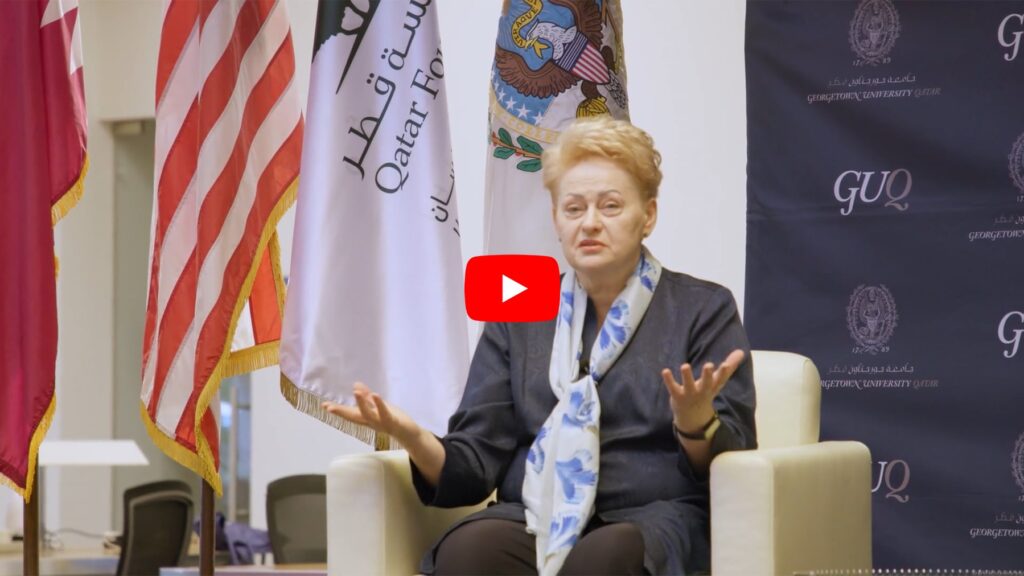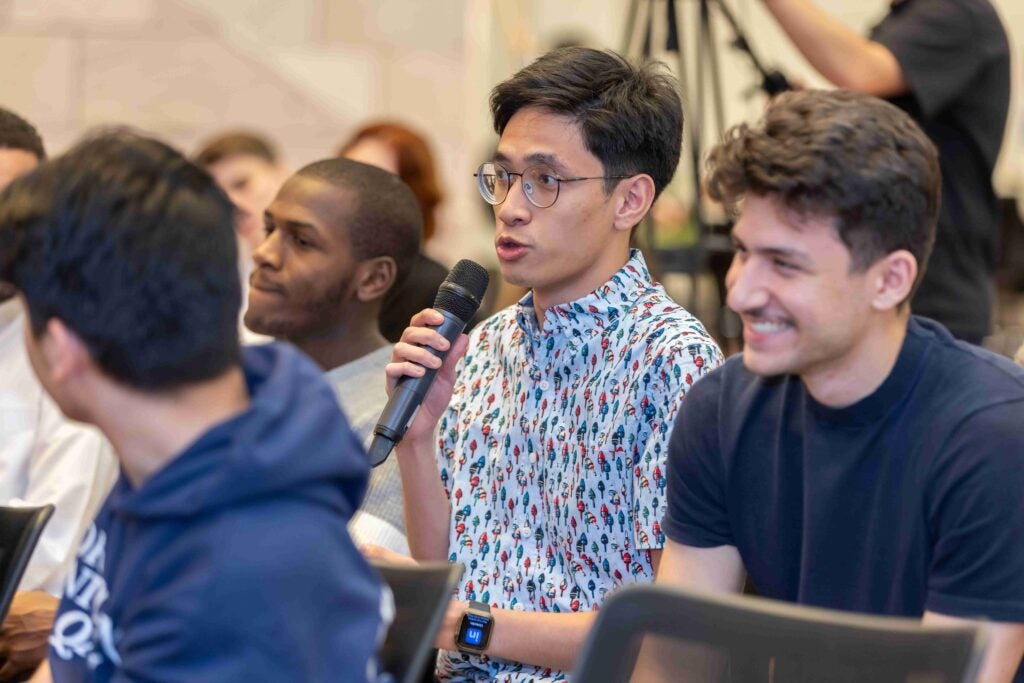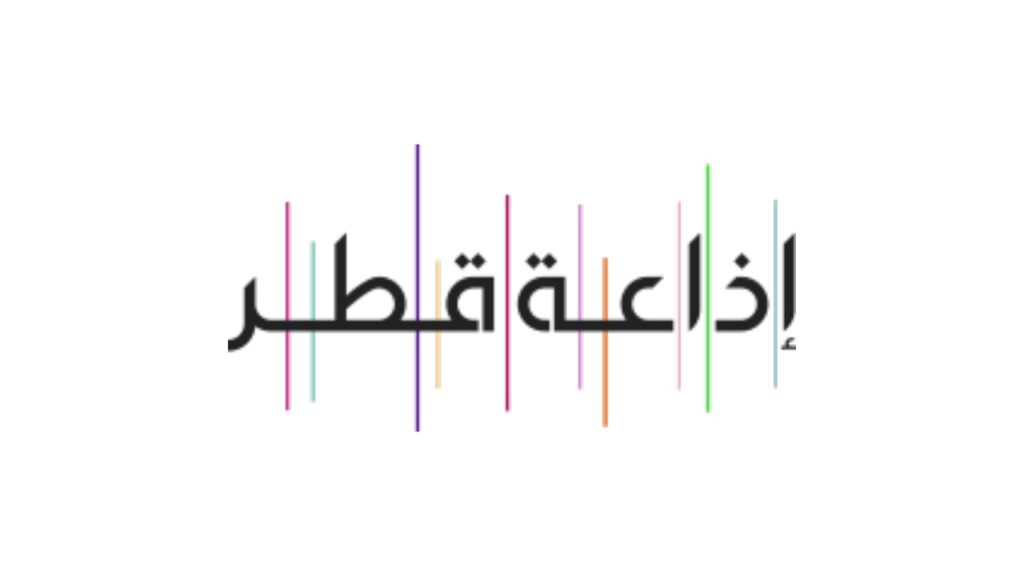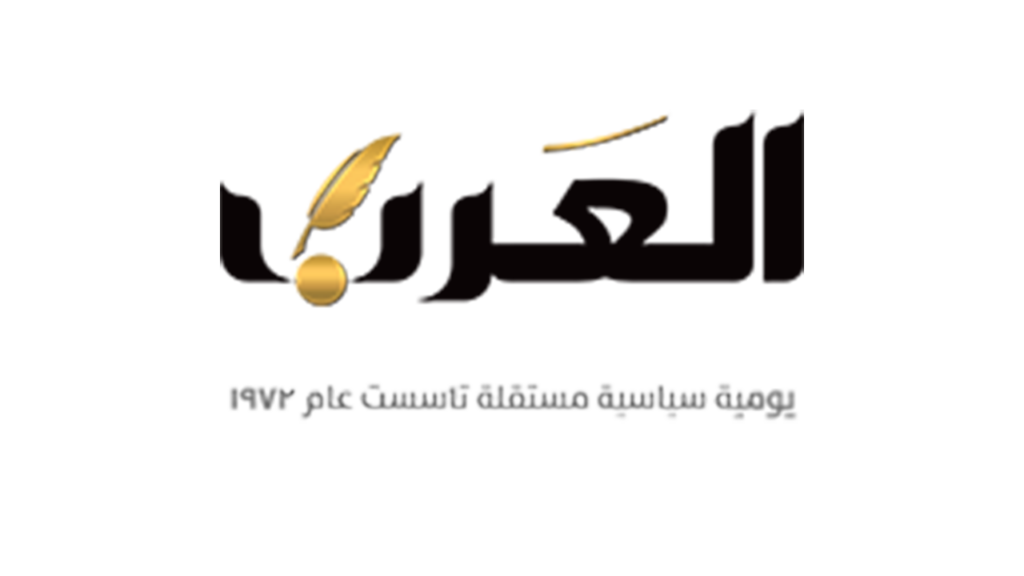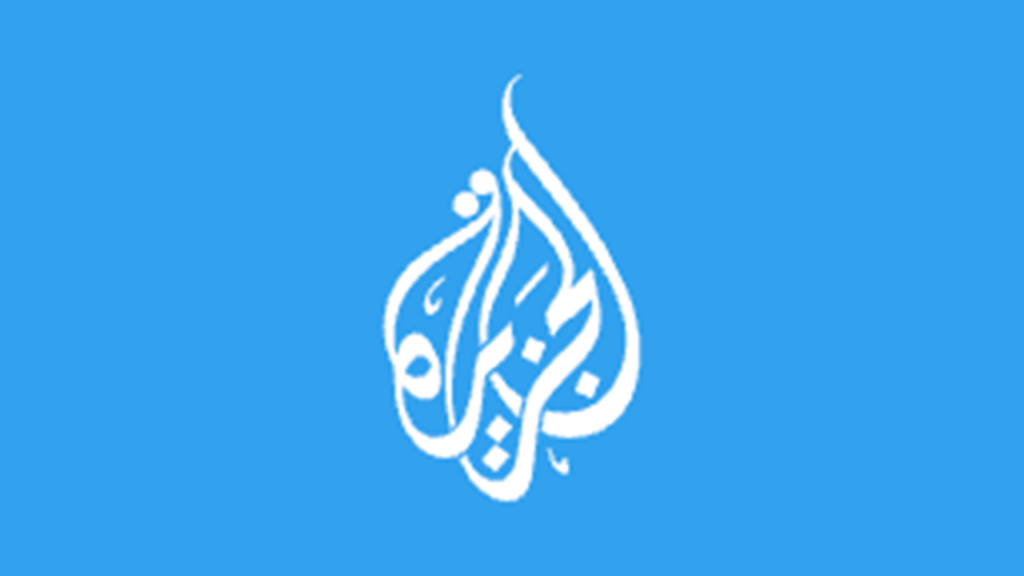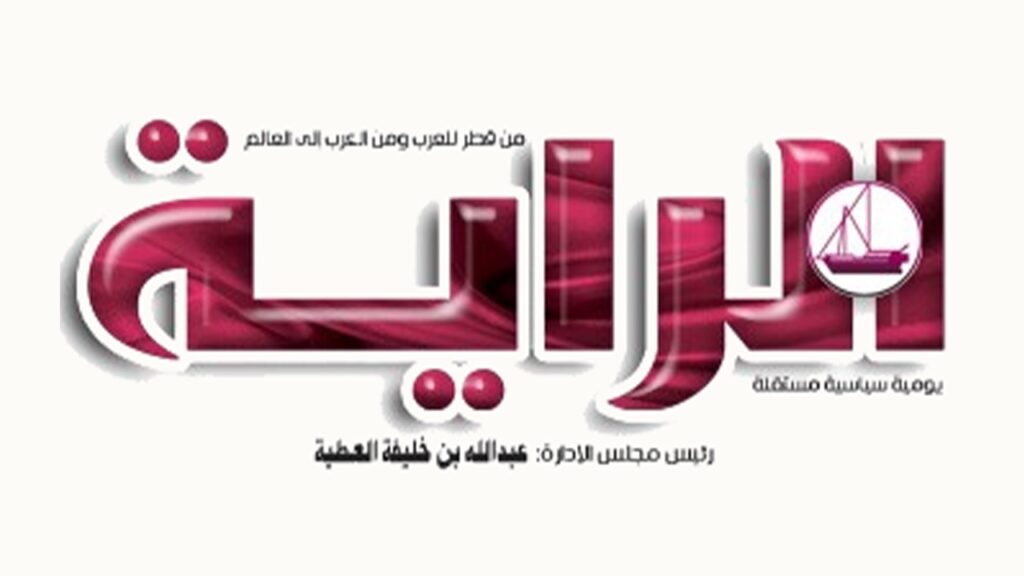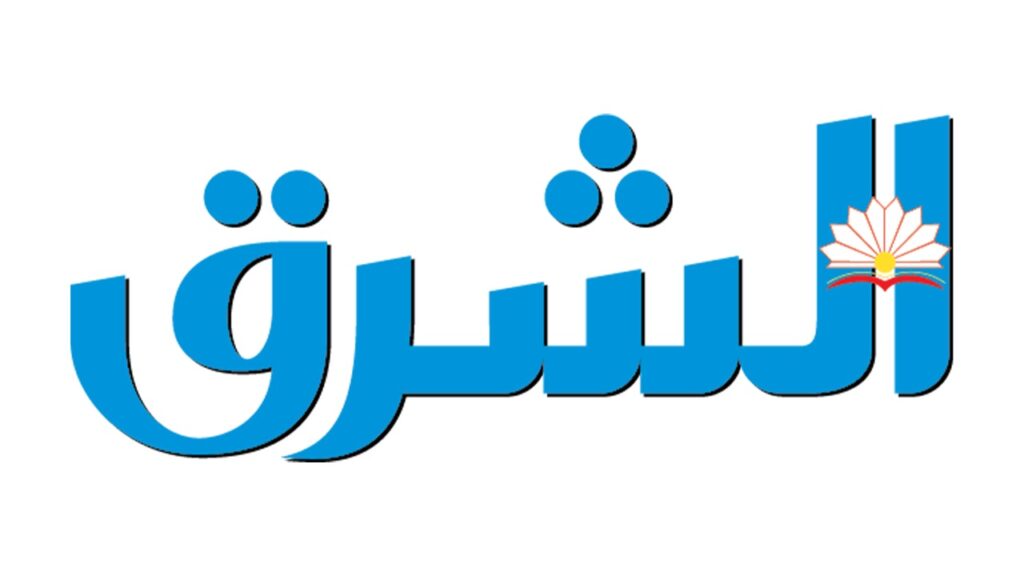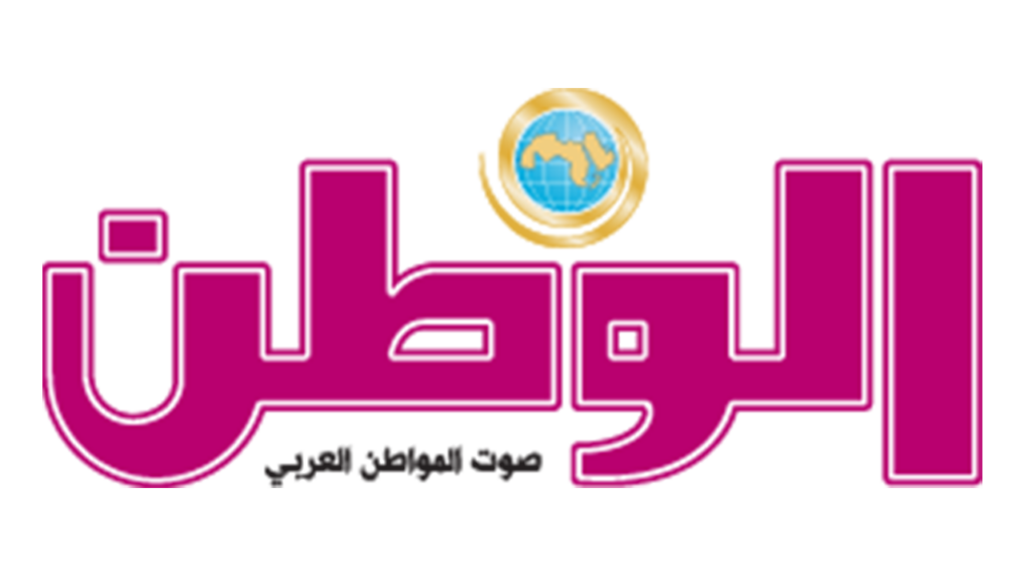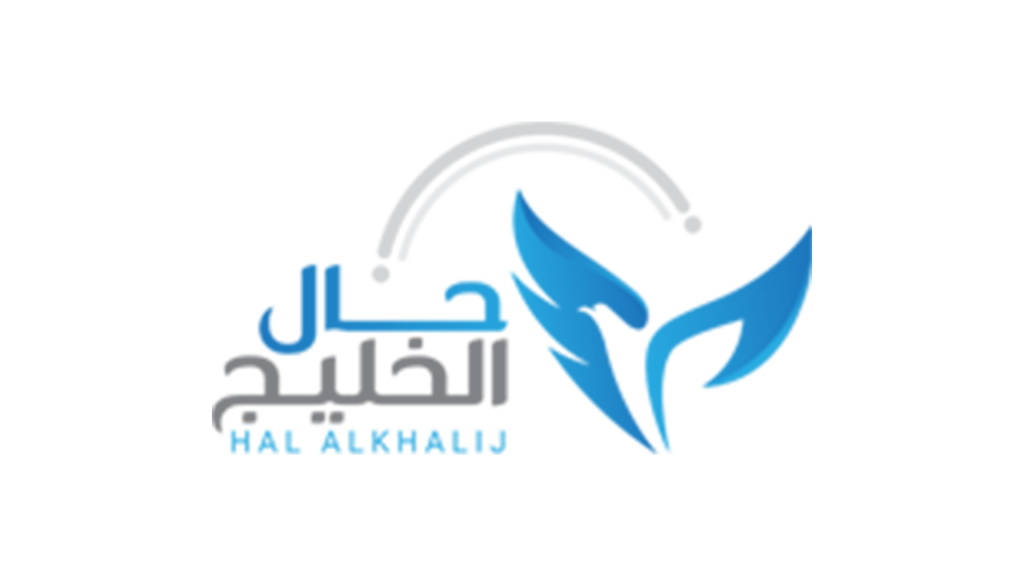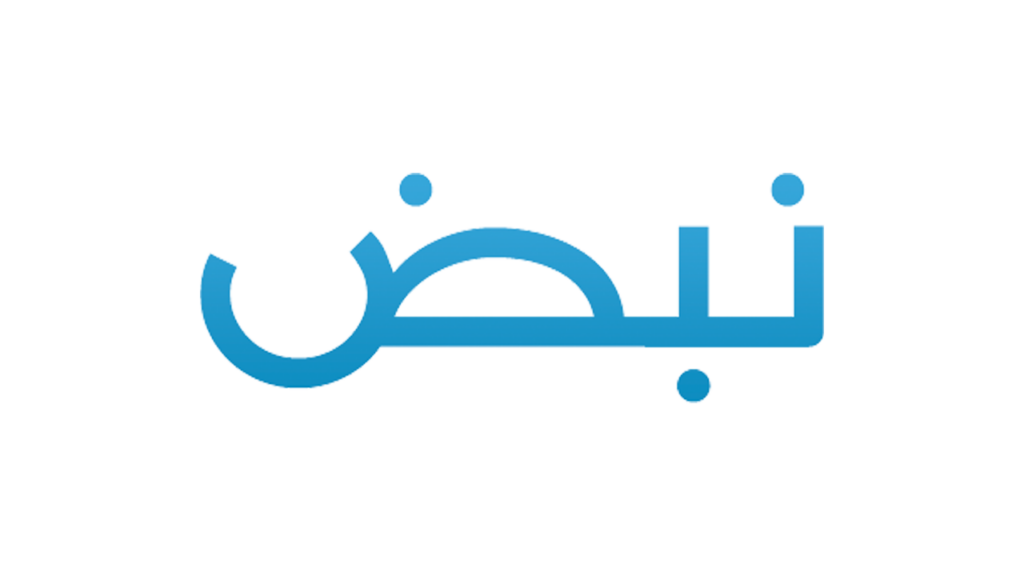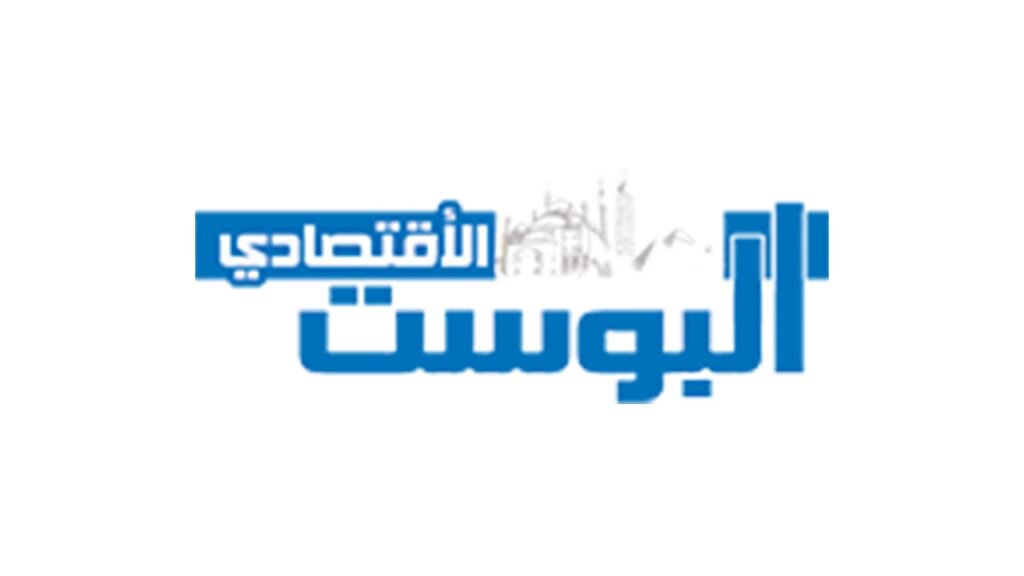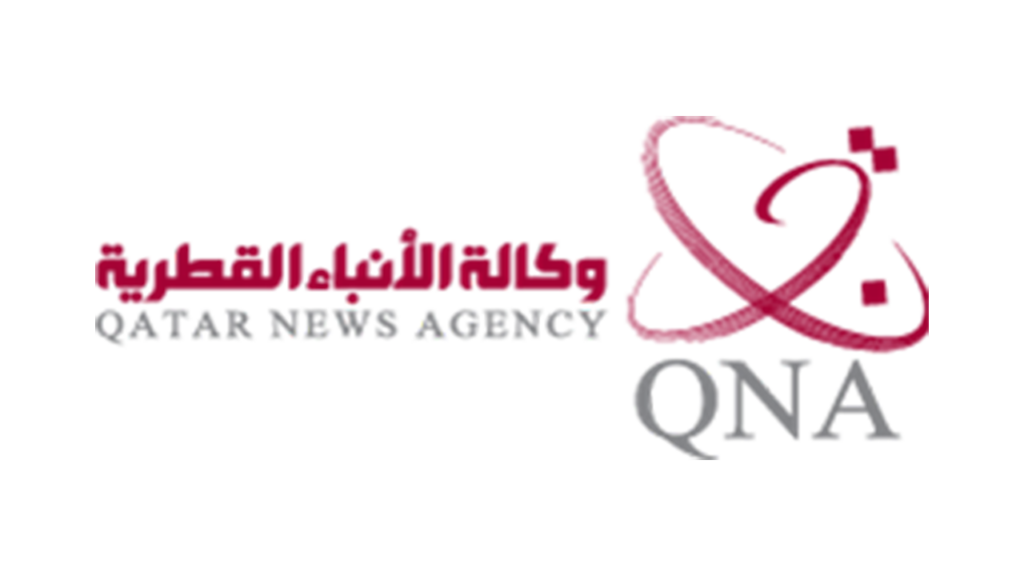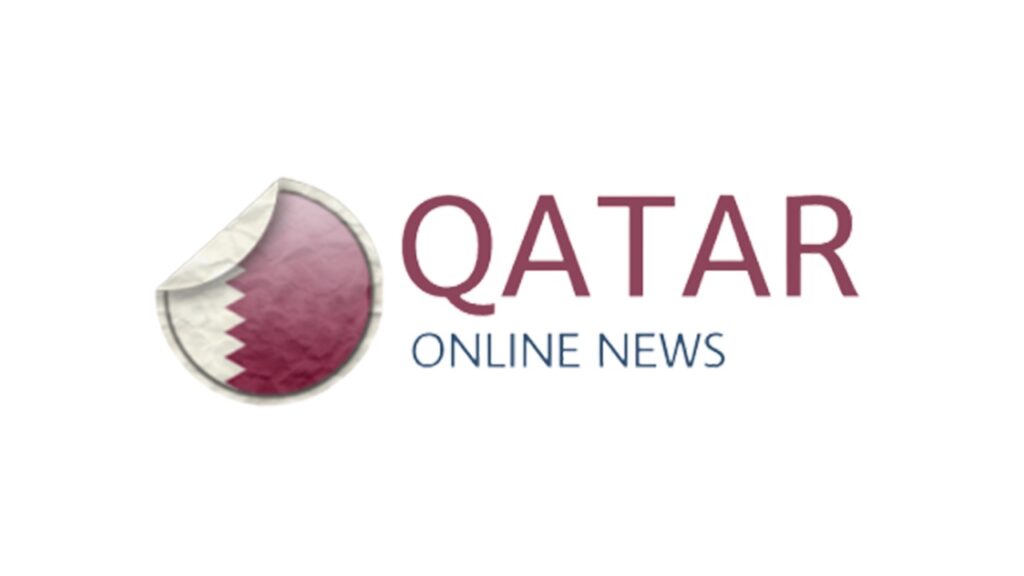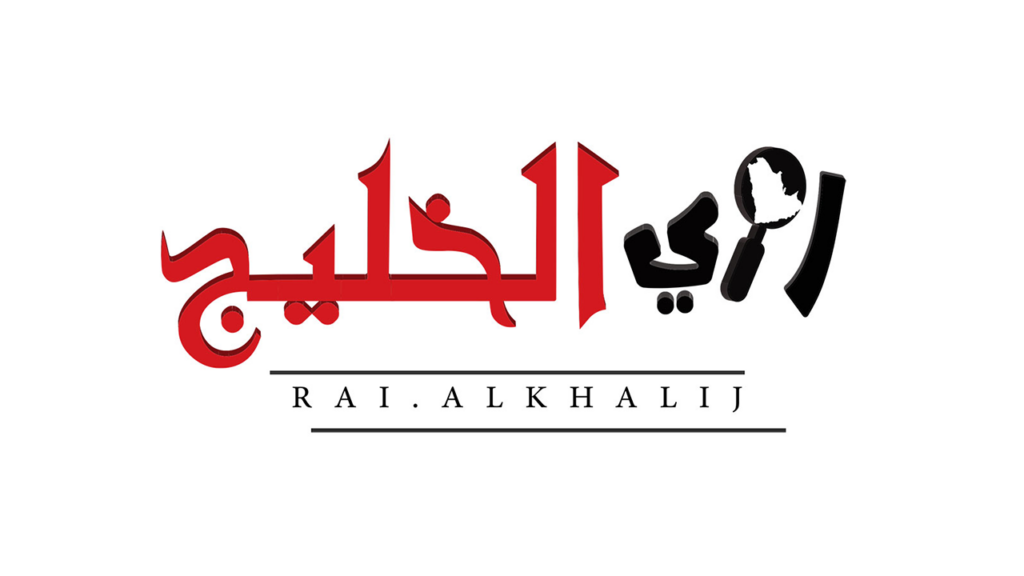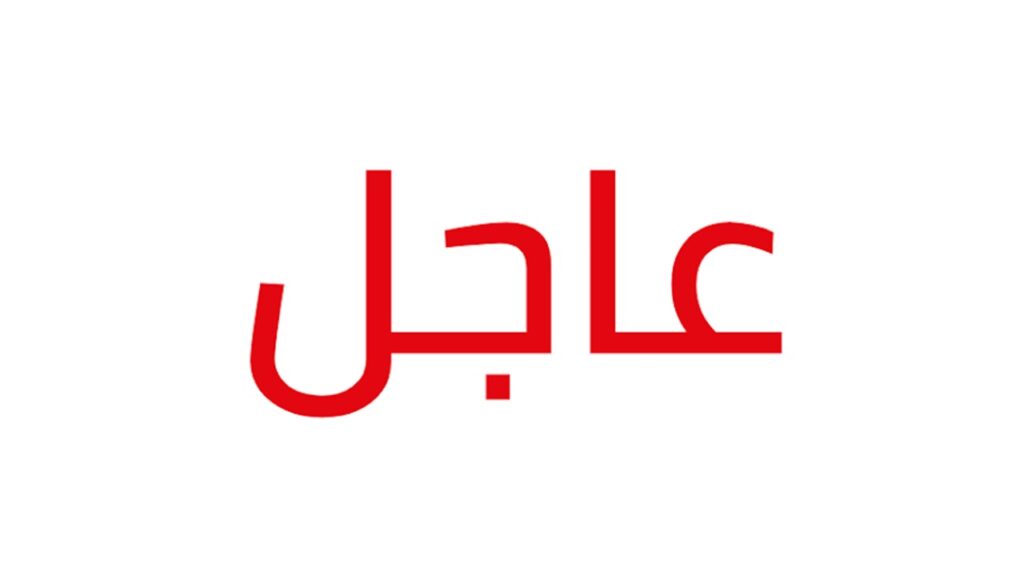Conference Highlights-Gender in Foreign Policy
HIWARAAT CONFERENCE SERIES
Gender in Foreign Policy
April 18, 2024
Gender in Foreign Policy convened leading diplomats, public officials, academics, and students to discuss the interconnected, topical themes of gender-informed approaches to foreign policy and diplomacy, the role and risks of AI in policy and practice, and gender aspects of foreign policy in conflict situations with a focus on specific geographic locations including Afghanistan, Gaza, and Ukraine. Read the conference white paper.
- 17 Speakers
- 461 Attendees
Welcome
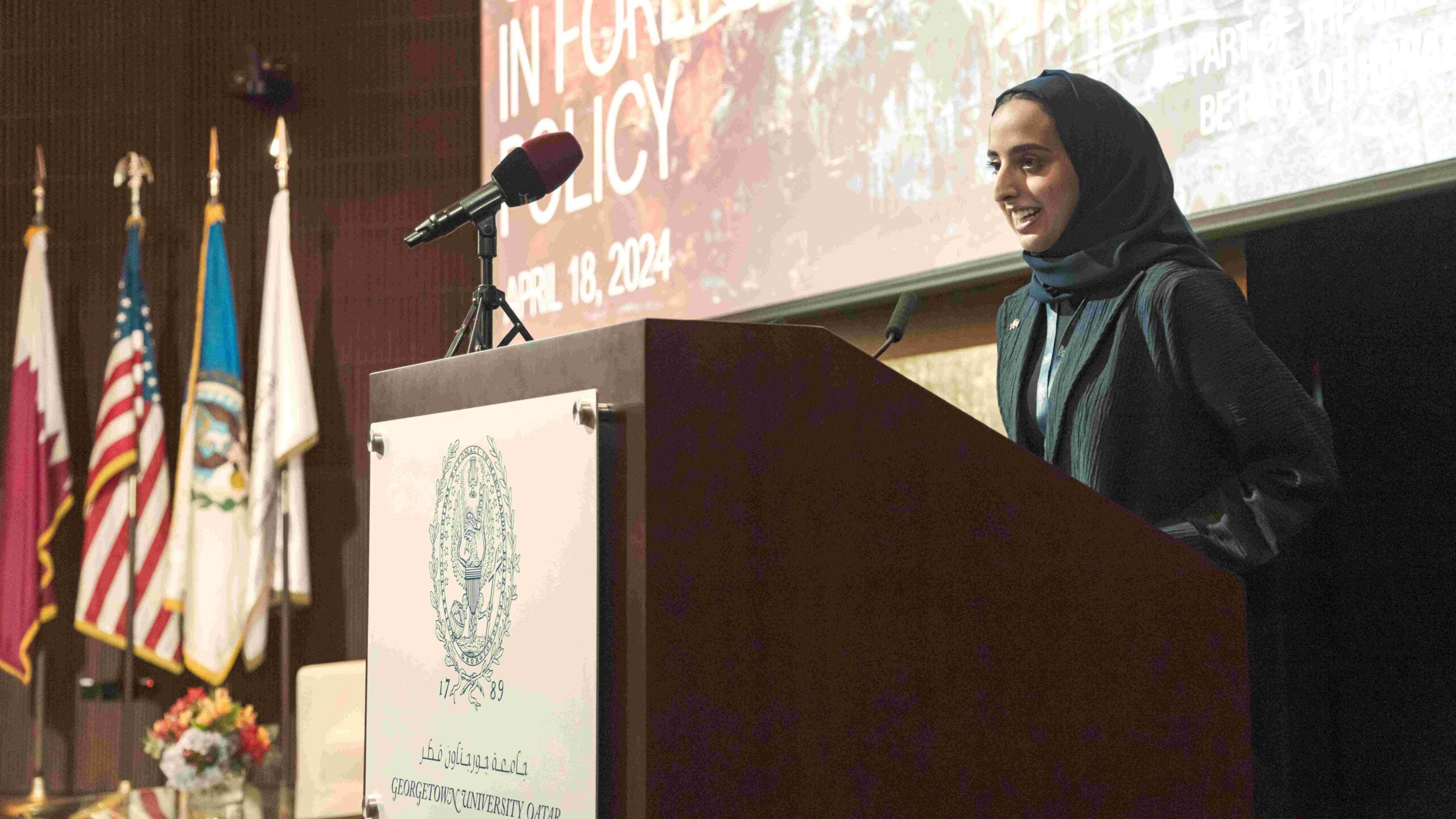
Moza Al-hajri, Class of 2026

Androulla Kaminara, Distinguished-Diplomat-in-Residence, Gu-Q, former EU Ambassador to Pakistan
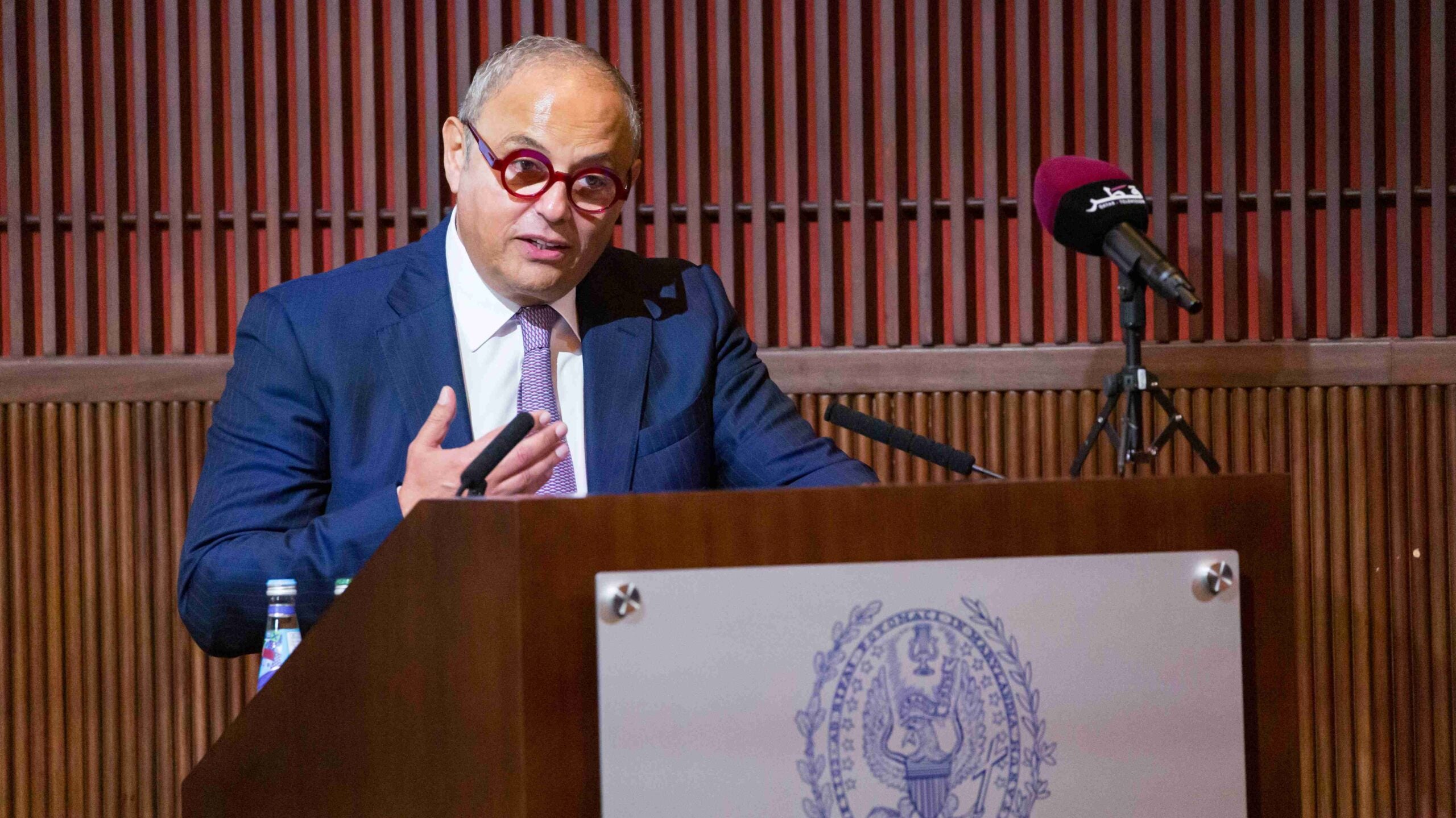
safwan masri, dean, GU-Q
Opening Remarks
“The role of women in international relations and diplomacy has undergone a significant transformation. Historically women were largely absent from the decision–making tables of international diplomacy. However, over the decades, the persistent efforts of countless women and advocates for gender empowerment, have dramatically shifted this landscape.”
–H.E. Alya Ahmed bin Saif Al-Thani, Permanent Representative of the State of Qatar to the United Nations in New York
Session I
Gender in Foreign Policy: Why it Matters
This opening discussion, moderated by Androulla Kaminara, Distinguished Diplomat-in-Residence, GU-Q, addressed the importance of inclusion in the development and implementation of foreign policy.
Panelists
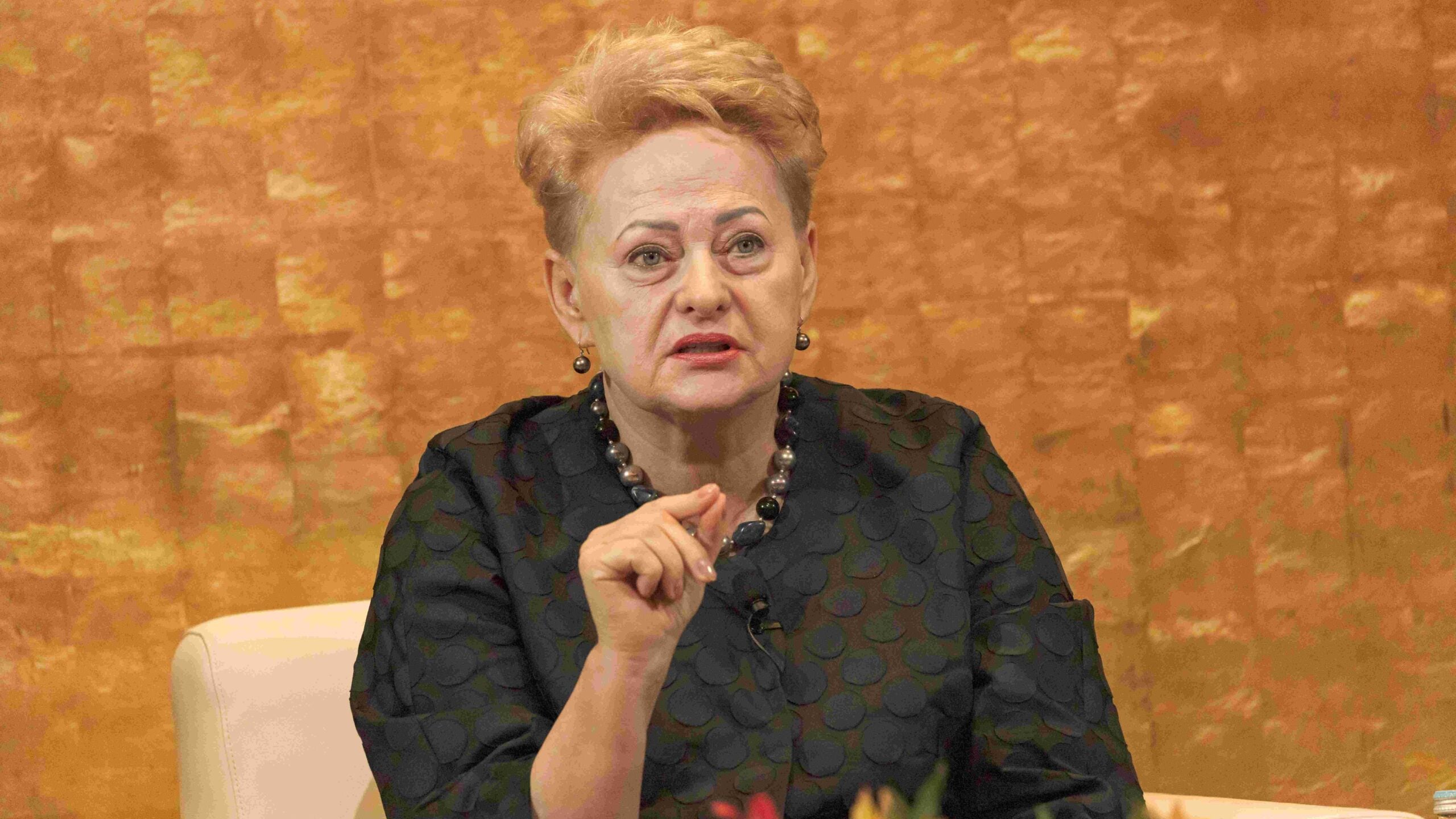
H.E. Dalia Grybauskaitė, former President of Lithuania
“We are in the 20th most happiest countries in the world. While we do not have any resources except our people, the asset in our country is educated, free people no matter what gender…and I think that [Lithuania] is the best example of what a small country of three million can achieve in 20 years of its development…it is possible for anybody with the political will of not only politicians, but also the political will of people to decide what direction your country or region will choose.”

H.E. Ghulam Hoosein Asmal, Ambassador of South Africa to Qatar
“I think the world needs a serious introspection at the moment…at the philosophical level we need to go back to basics and discover our basic humanity…and at operational level..it is important that the institutions and the diplomatic representation that we have reflect the communities that we come from and the societies that we come from, and it cannot done either with the exclusion of women or setting higher standards for them.”
Session II
Gender in Diplomatic Practice
Moderated by Mehran Kamrava, Professor of Government, GU-Q, this panel discussed how diplomatic practice has been shaped by leaders, and the important role that women play in contributing to more equitable diplomacy.
Panelists

Wendy Gilmour, Assistant Secretary General, NATO, former Canadian High Commissioner to Pakistan
“Leaning on colleagues, finding champions of change, finding the advocates that you need within a system is one of the most effective ways of having your voice heard.”

Cynthia Schneider, Distinguished Professor in the Practice of Diplomacy, Georgetown University, former Ambassador of the U.S. to the Netherlands
“I was surprised at the degree to which gender was a factor from the very beginning…despite that kind of environment, I followed my own gut instincts which were to emphasize culture… [it was the] way I built relationships.”
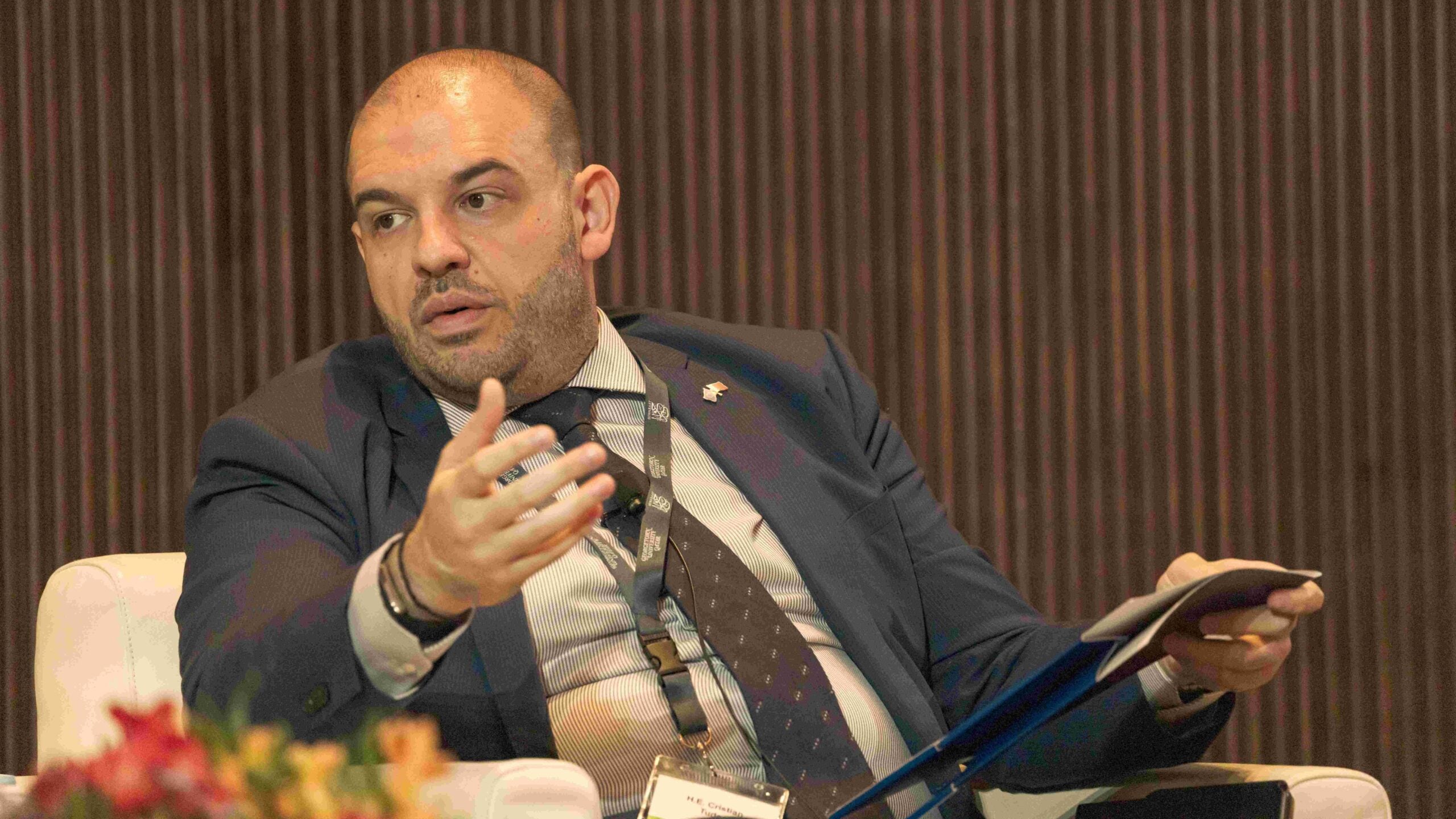
H.E. Cristian Tudor, European Union Ambassador and Head of the European Union Delegation to the State of Qatar
“Throughout my experience… when you have women in negotiating teams that brings added value, it helps bridging the gap, it helps reaching consensus and the reality of the situation is that we do not have that as much as we should.”
Session III
AI in Foreign Policy and Diplomacy
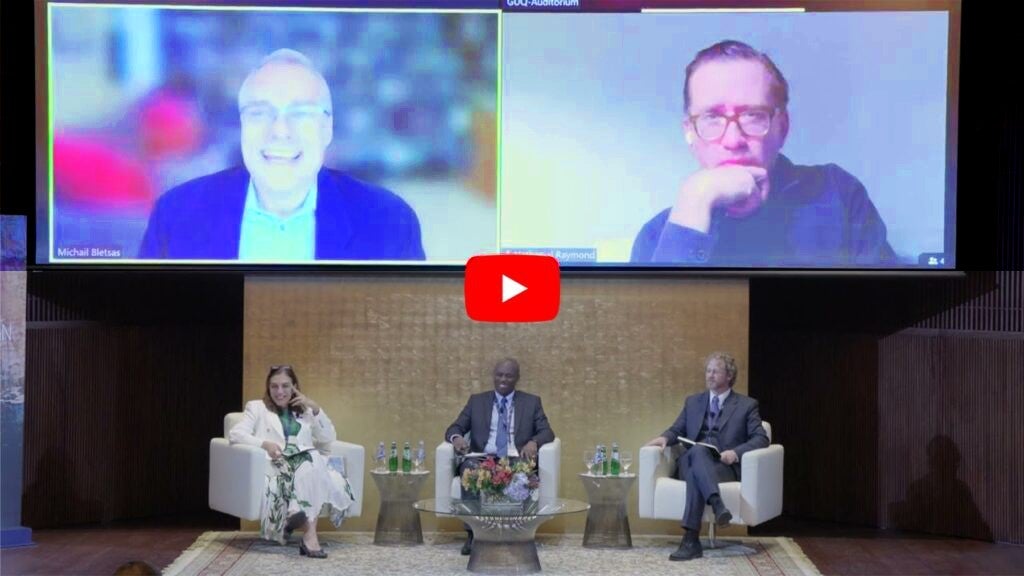
Moderated by Androulla Kaminara, Distinguished-Diplomat-in-Residence, GU-Q, this panel discussed how AI is transforming foreign policy, including its promises and threats to the future of diplomacy.
Panelists
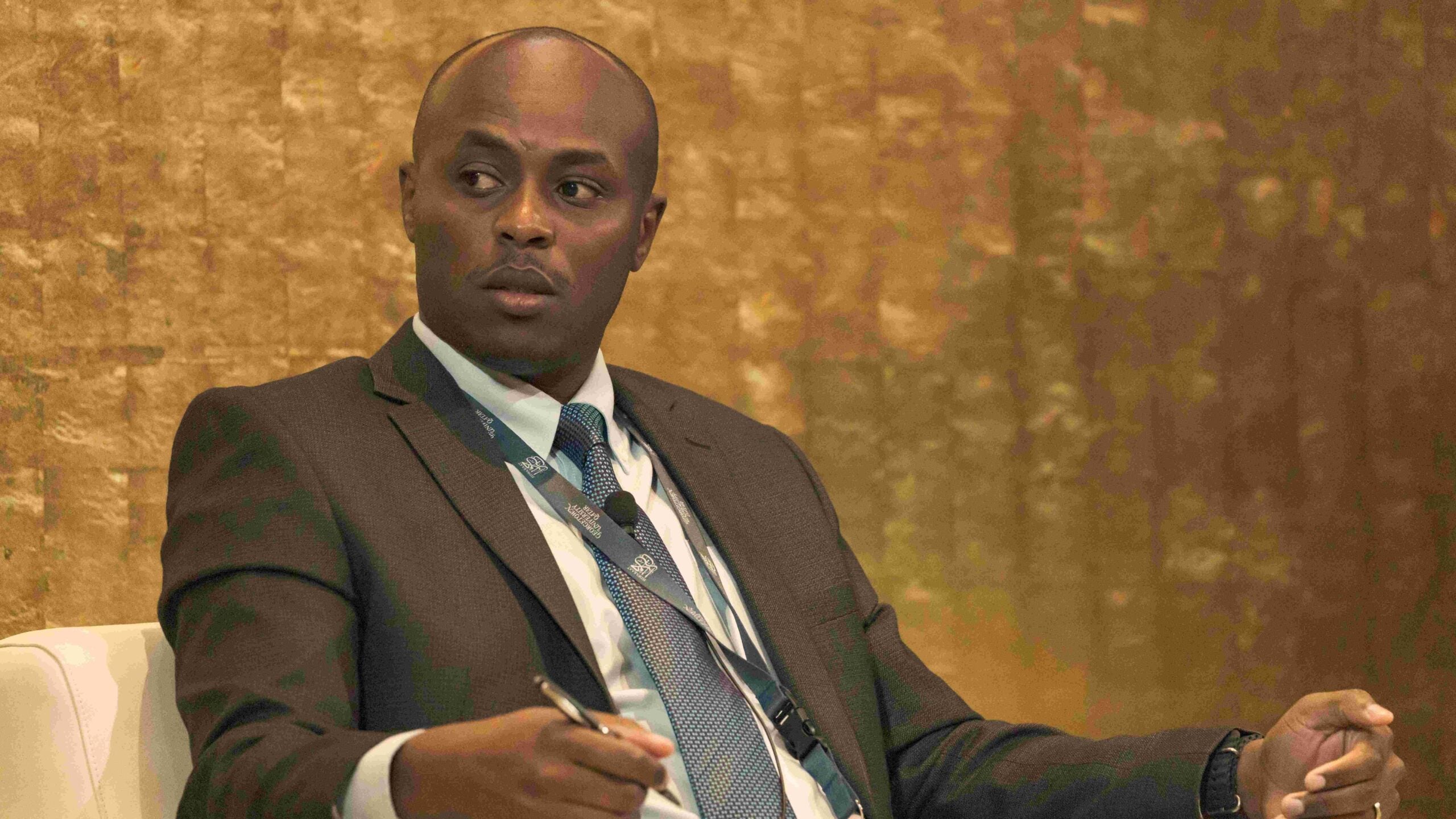
Colonel Simon K. Maina, Director of Cybersecurity, Artificial Intelligence, and Emerging Technologies at the National Security Advisors Office in Kenya
“We need to look at AI as an opportunity to include women… to maintain peace, reaffirm their positions in society, increase their presence in decision-making processes through AI systems and through normal conscious social issues as opposed to looking at how AI in the course of conflict will affect women, because by then it is too late…If we include [women] in this discussion at this moment in time where we think AI is the next phase of human development, then we are likely to avoid conflict.“

Jamie Olsen, Manager of Instructional Design and Educational Continuity, Georgetown University in Qatar
“One of the things that is a built-in inequity at any of your major international summits is you’ve got countries that are very wealthy and well resourced and they’re able to send an army of diplomats and employees… and if you’re only able to send a smaller team you are at a structural disadvantage, this is a kind of thing that AI can help to ameliorate by tracking what’s going on in these sessions, what’s being said, where are the key sticking points according to your country’s interests, and where should you put the majority of your resources or try to prioritize, so I think that’s exciting.”
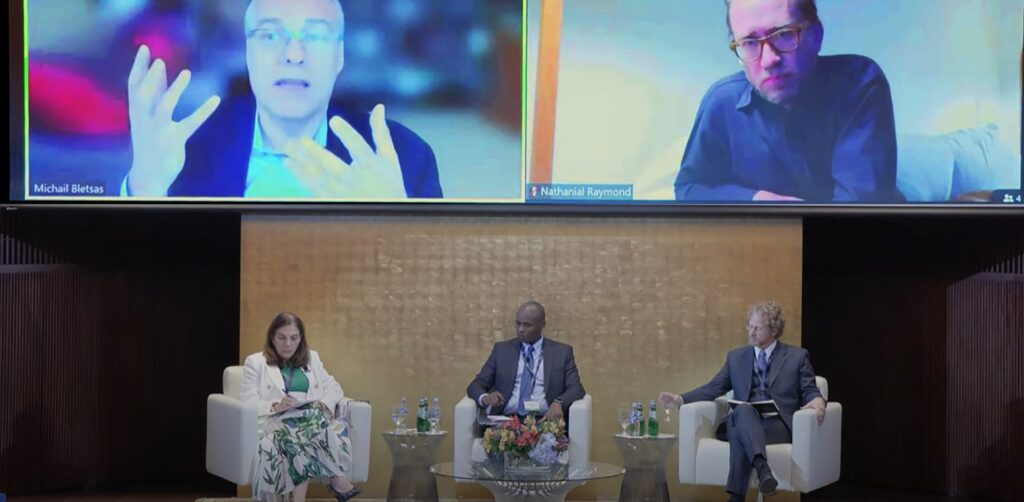
Michail Bletsas, Director of Computing, Massachussets Institute of Technology MEDIA Lab
“It is very important to come to certain global agreements when it comes to the use of AI in weapons…we also see AI being weaponized increasingly in the areas of disinformation…When it comes to the issues of bias, AI depends on our existing data out there and our existing data are very biased. The idea that we are going to clean up, to curate the data when it comes to applications like the large language models, I think is not realistic.“

Nathanial Raymond, Executive Director of the Humanitarian Research Lab, Yale School of Public Health
“We are entering a moment where the new technology has largely made our personally-identifiable information-based systems for governing these technologies obsolete, and so the the challenge of our time is how are we going to protect demographics against harm with legal and political systems that only see data and its impacts in the lens of the individual.“
Session IV
Gender in Conflict Situations
Moderated by Dean Safwan Masri, this panel discussed the plight of women and girls in conflict situations and the importance of including diverse voices at the decision-making table for conflict and recovery.
Session Introduction
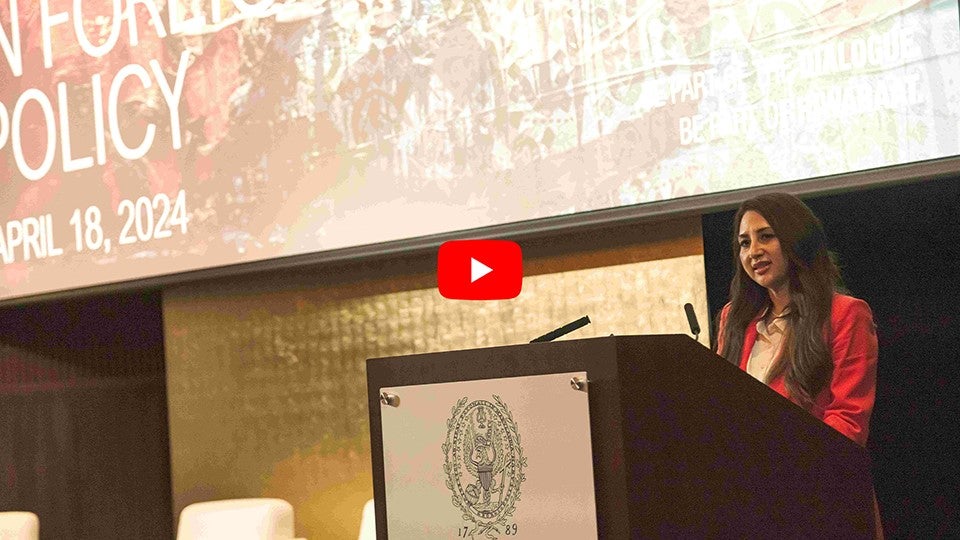
“Helping ensure our women and girls have a voice in every society is our collective responsibility. We as those who are privileged, to be able to discuss and develop strategies, have the potential to make a difference and improve the lives of women in conflict zones and areas where women’s rights aren’t respected. How do we do that? By unifying our voices and minds, working together, bringing together our comparative advantages we can target problems, identify strategies for addressing them, and gather the resources to take action.”
–Natalie A. Baker, Deputy Chief of Mission, U.S. Embassy in Qatar
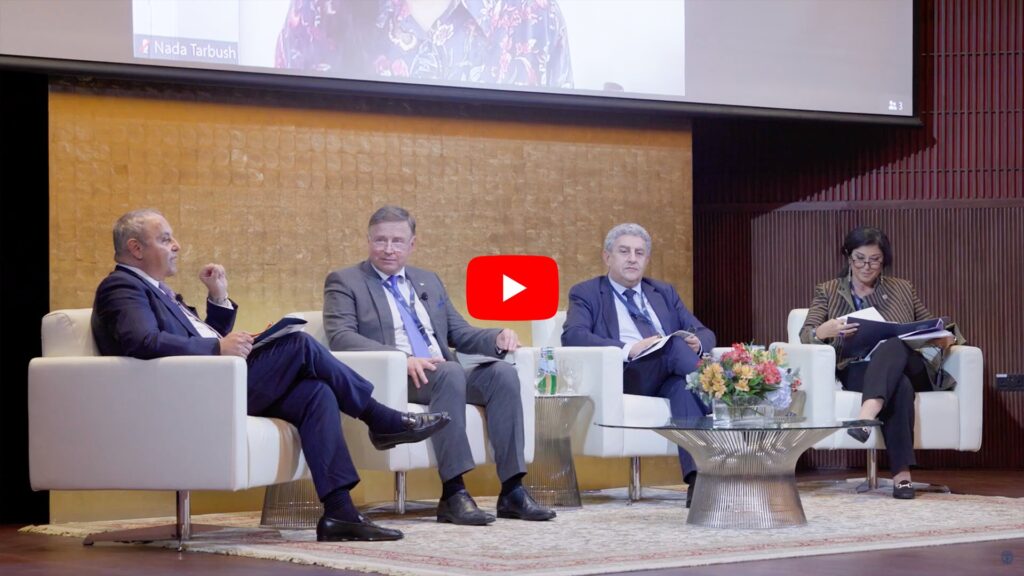
Panelists
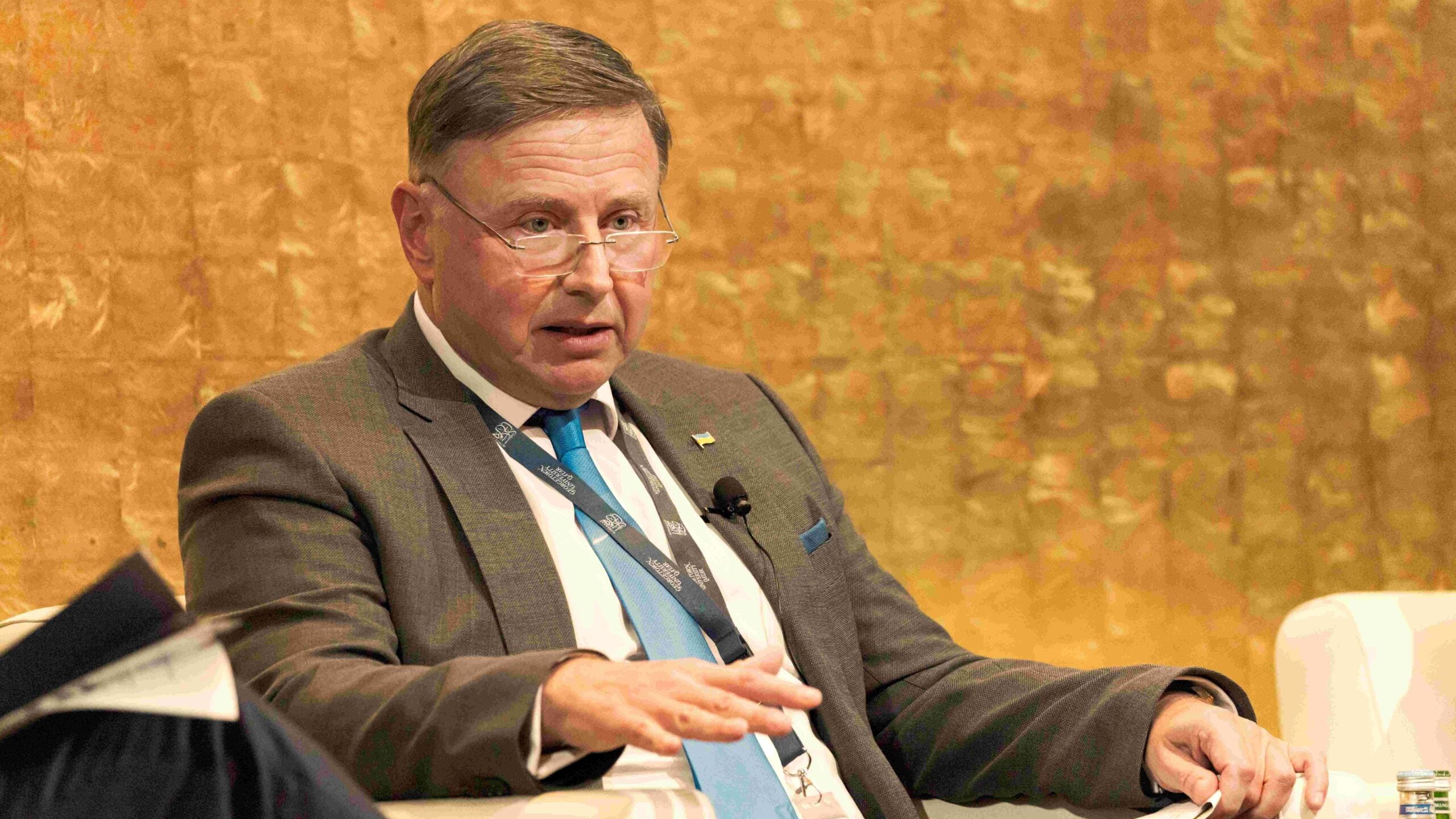
H.E. Kuzmenko Andrii, Ambassador Extraordinary and Plenipotentiary from Ukraine to Qatar
“Humanity should be united around shared values, it is absolutely impossible to continue in the 21st century neocolonial policy the policy of war, the policy of genocide, not withstanding the country it applies to, this is something which the world should work at.”
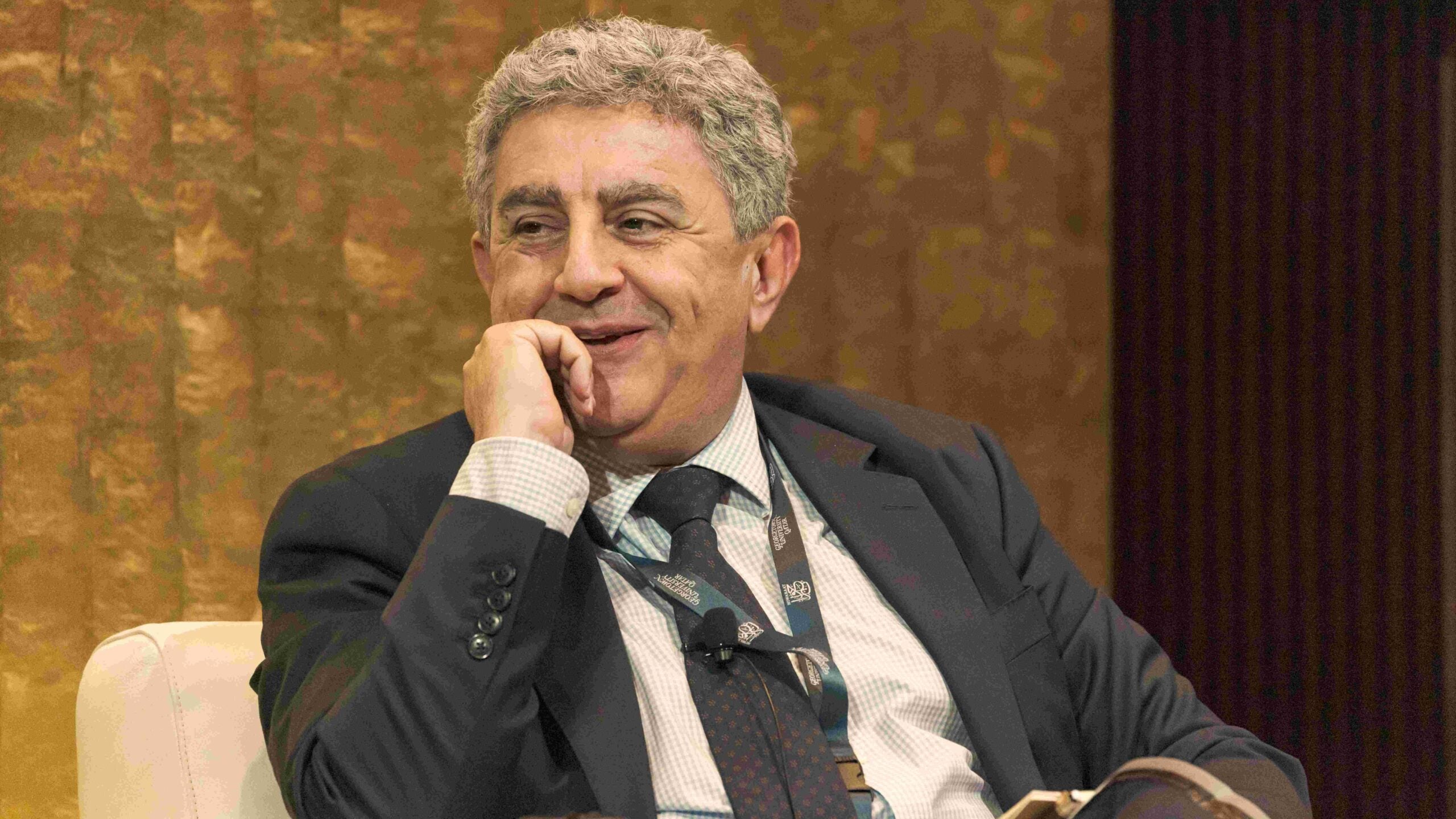
Sultan Barakat, Professor of Public Policy, Hamad Bin Khalifa University (HBKU)
“The policy on gender–in particular in conflict areas–we conflate the issue with a set of values including democracy, certain sexual liberty, the package is so complicated and we want them to take it all or nothing and then we face resistance and often because of lack of communication …..we end up confronting each other rather than talking through the differences.”
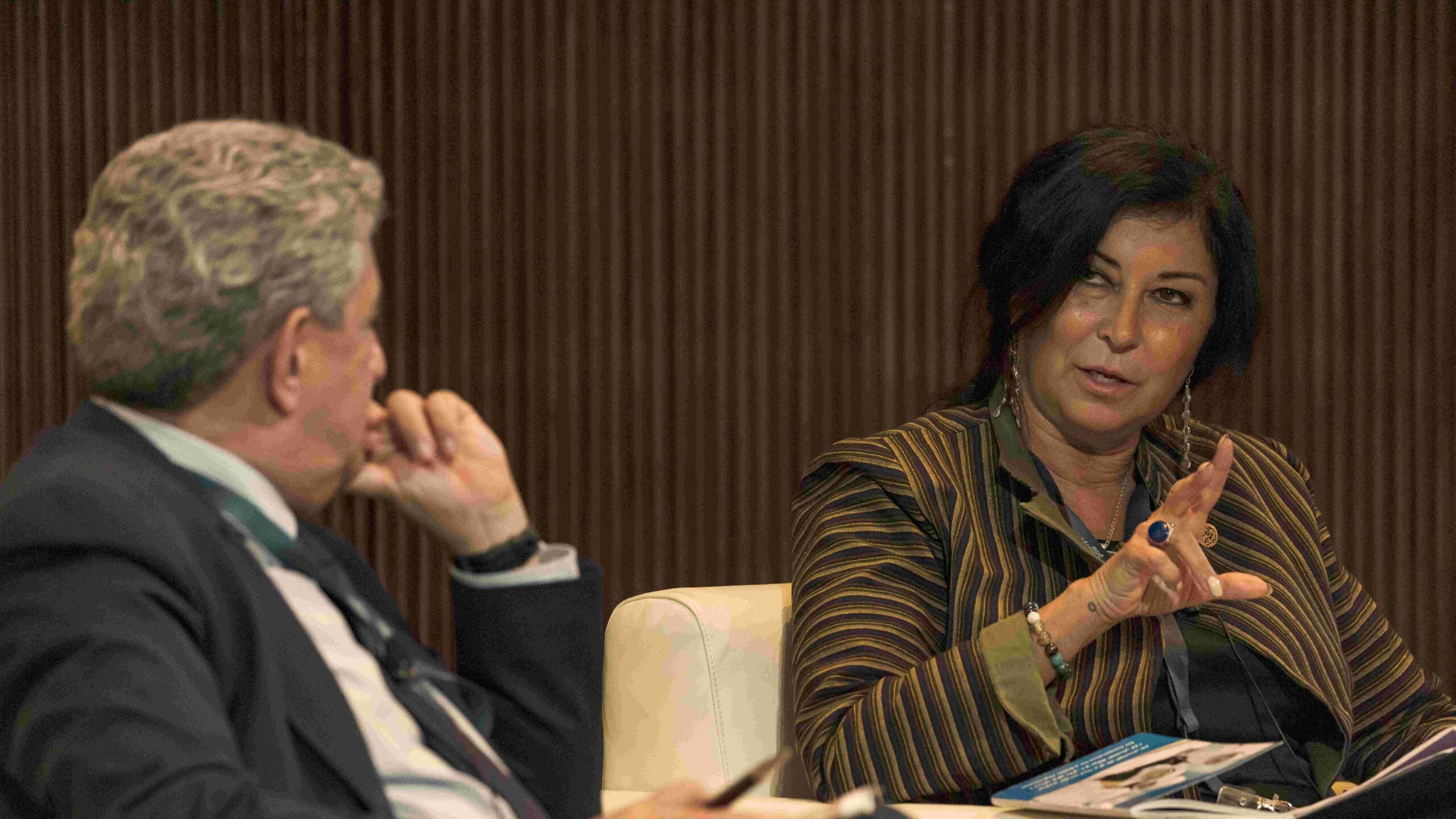
Raffaella Iodice, EU Chargée d’Affaires a.i., European Union Delegation to Afghanistan
“I think the real change comes from within Afghanistan… we should give the means to them without imposing… But also we should keep alive this pocket of of hope, pocket of development…we as an international community and also as “westerners” we have to be patient we can’t go there and say change everything tomorrow.”
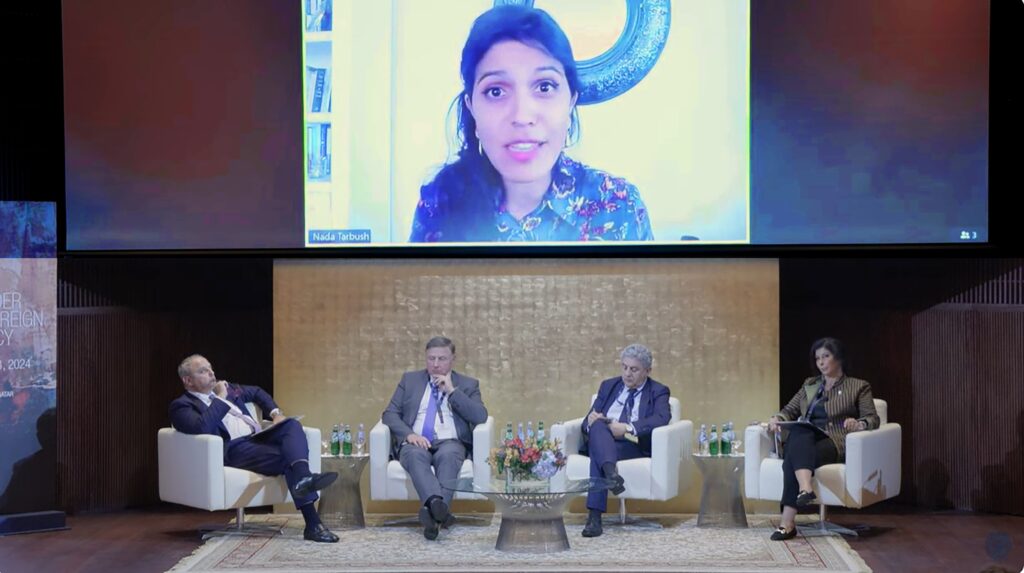
Nada Tarbush, Counselor, Permanent Palestinian Mission to the UN in Geneva (via zoom)
“Some Western feminists perceive Palestinian women as Arab, they tend to amalgamate them with all Arab women or all Muslim women… as being oppressed primarily by their culture, by conservative societies and so on. They tend to miss the point that the main source of oppression is the structural oppression under which these women live.”
Closing Remarks
“I want to thank everybody who participated in it not only by sharing the stage but by being in the audience by joining us remotely and the contributions that you have made. It does take a community to organize a gathering like this…Thank you to all of you for participating.
“This is the seventh Hiwaraat conference and it’s the final one for the current Academic Year… We will continue to engage around these important conversations. We hope the world will become better for women and for girls and we will hope that the world will become better because of women and girls.”
–Safwan Masri, Dean, Georgetown University in Qatar


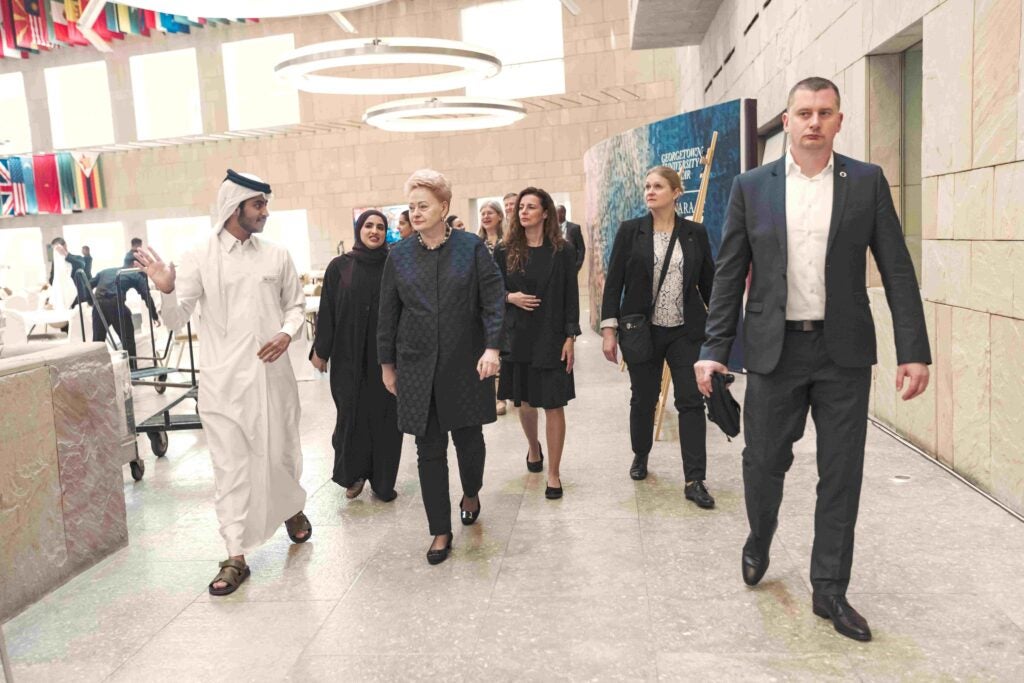
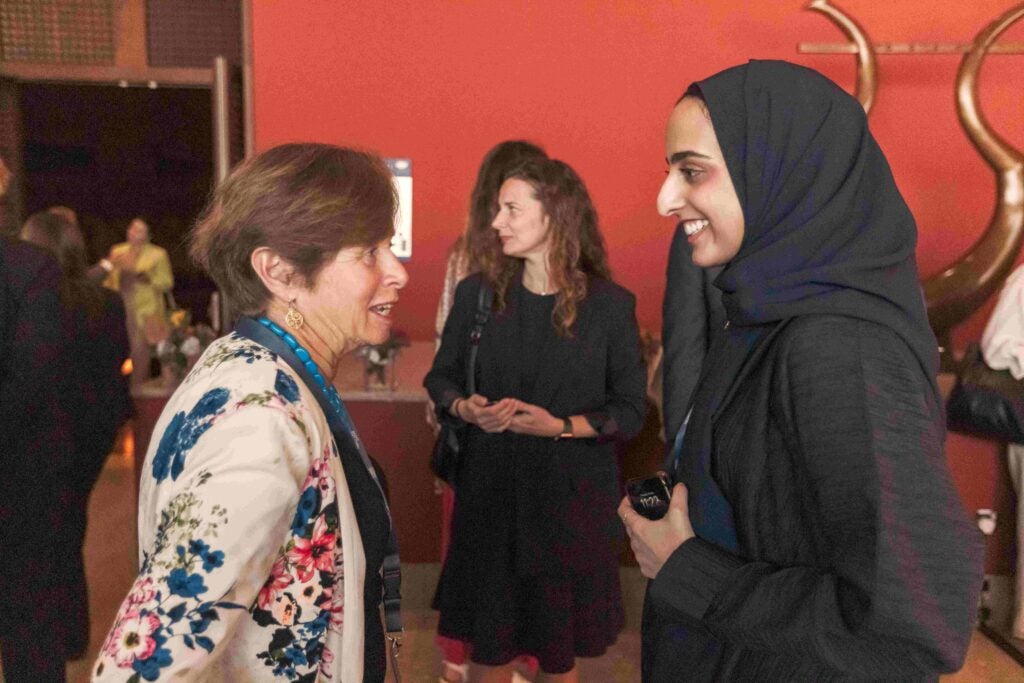

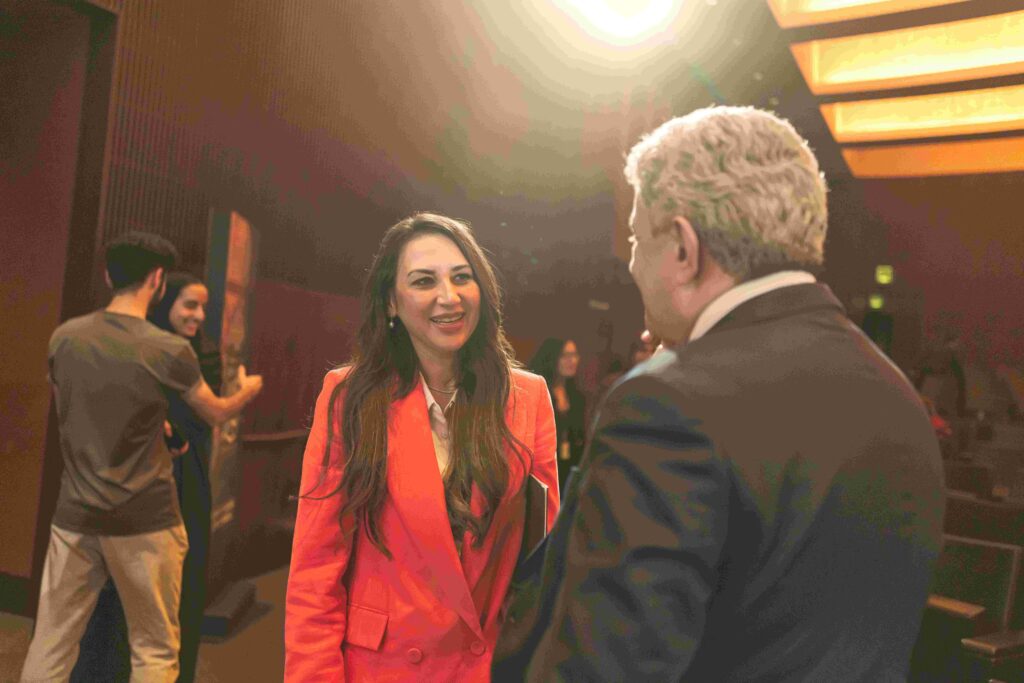
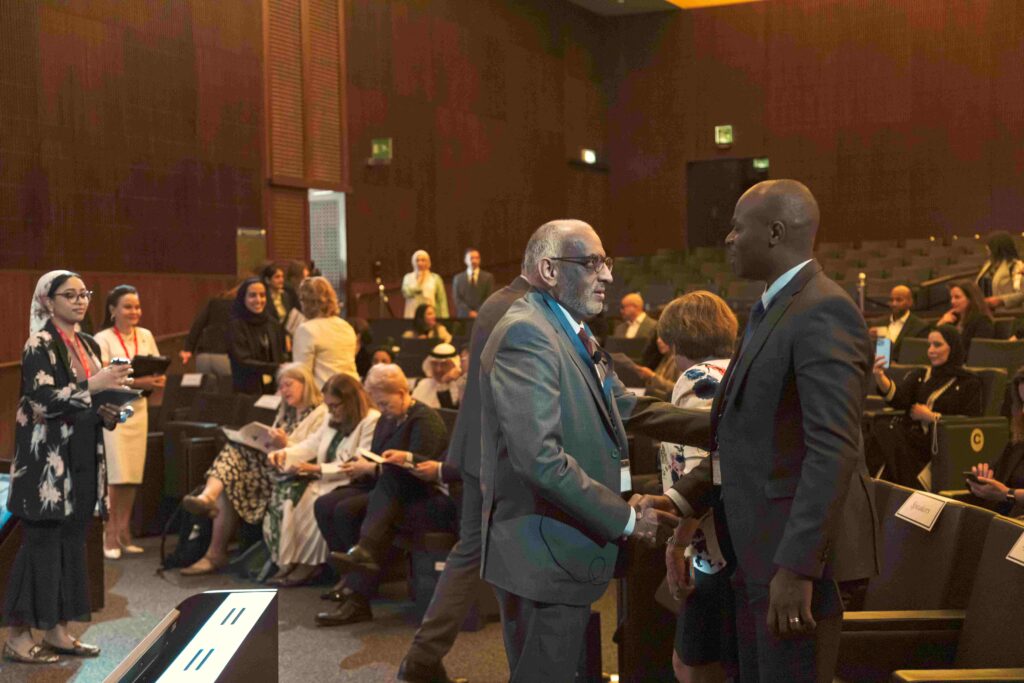

Conference Organizers
Androulla Kaminara
Androulla Kaminara served as Distinguished-Diplomat-in-Residence at GU-Q for the 2023-2024 academic year. In addition to a long career leading international humanitarian service organizations and EU’s international cooperation and development agency, she served as the first female European Union (EU) Ambassador to the Islamic Republic of Pakistan.
Trudi Hodges
Trudi Hodges is Senior Assistant Dean for Planning & Strategic Initiatives at GU-Q. An expert in higher education strategy and policy, she served as University Title IX Coordinator at the American University of Beirut (AUB), and worked on administrative and legal development projects in Lebanon and in Iraq.
Kareema Dauod-Akguc
Kareema Dauod-Akguc is a U.S. Career Foreign Service Officer and 2021-2022 Davis Public Diplomacy Fellow currently teaching multi-track diplomacy at GU-Q. With over 20 years of experience in foreign diplomacy focused on the Middle East and Europe, she has held diplomatic roles in the U.S. Embassy in Qatar and the U.S. Consulate General in Jeddah.
Christine Schiwietz
Christine Schiwietz, Ph.D., is Assistant Dean for Curricular and Academic Advising, and Affiliate Professor at GU-Q. An expert in sociology and international higher education, she is the author of America’s Higher Education Goes Global, and co-chair of the Georgetown Women’s Alliance in Qatar. She also serves as a board memeber of the American Chamber of Commerce in Qatar.
Media Coverage

